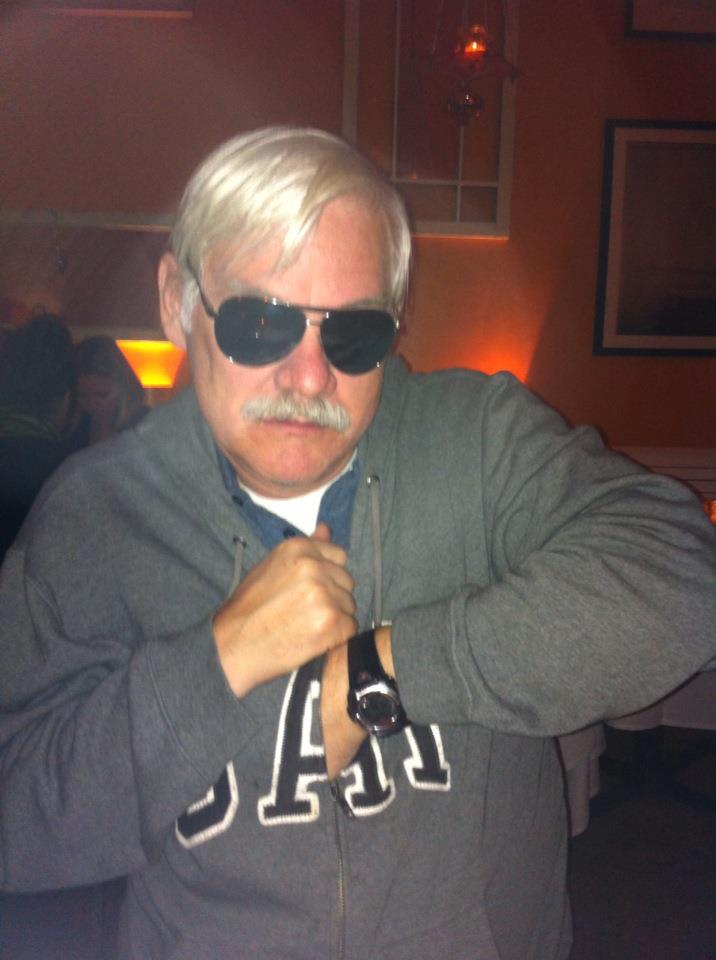Prologue: A hundred hours with Fidel
If ever there was a personage that defies all definitions it would have to be Fidel Castro. When he came to power, Dwight Eisenhower was president of the United States. Nikita Khrushchev was president of the Soviet Union. The Cold War was barely fourteen years old. The 49th state of the United States had only entered the union five days earlier. Only three countries possessed nuclear bomb capabilities, the US, the USSR and Great Britain.
As the book itself states, “Numerous attempts have been made to get Castro to tell his own story. But only now, in the twilight of his years, has he been prepared to set out the details of his remarkable biography for the world to read. This book is nothing less than his living testament. As he told reporters, his desire to finish checking its text was the one thing that kept him going through his recent illness”
Ignacio Ramonet is editor of Le Monde diplomatique. He is the author of Wars of the 21st Century and Geopolitics of Chaos, the founder of Media Watch Global and a regular contributor to the Spanish daily El País. He had just finished a short book of conversations with Subcommandante Marcos leader of the Zapatistas in Mexico.
This spoken autobiography is the first time that President Castro has taken the time to review his past, his accomplishments and his failures, his desires and his disappointments of a life that spans eight decades and portrays the last leader from an era in our recent past when the world was at the brink of global conflict and mutual annihilation.
Much of their time together would be sitting in Fidel’s personal office in the Palacio de la Revolución. Three busts of Latin American icons sat silent guard over the tables in the room; José Martí, the Apostle of Liberty; Simon Bolivar, credited with the independence of the present-day countries of Venezuela, Colombia, Ecuador, Peru, Panama, and Bolivia; and Antonio José de Sucre, Bolivar’s right-hand man. A fourth bust of Abraham Lincoln and a wire sculpture of Don Quixote astride his skinny horse, Rocinante, kept quiet company. Three framed documents adorned the walls, a handwritten letter by Simon Bolivar; a note and picture from Ernest Hemingway holding up a huge swordfish, “To Dr. Fidel Castro – May you hook one like this in the well at Cojímar. In friendship, Ernest Hemingway;” and a photograph of his father, Angel Castro, on his arrival from distant Galicia, Spain, in 1895.
Fidel has only accepted to be interviewed extensively on five different occasions. This time, it would be to cover the length and breadth of his vast career, his early hopes and aspirations and his victories and defeats over his 80 years on Earth and his 50 years in office. With great attention to detail Ignacio Ramonet describes Fidel’s daily schedule and personal habits, perhaps some of the most important aspects that sets Fidel apart from his contemporaries. The one hundred hours of interviews will take place among austere and simple rooms where Fidel has commanded his country and filled history books with bold decisions and new horizons for over five decades. The interview, a microreflection of Fidel’s simple lifestyle, will be exactly as Fidel has lived his life, straightforward, uncomplicated and unadorned.





